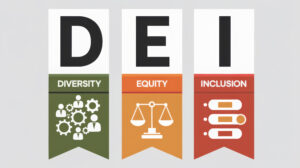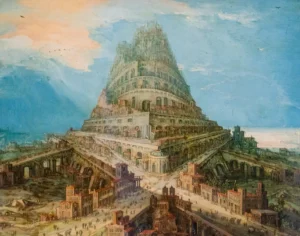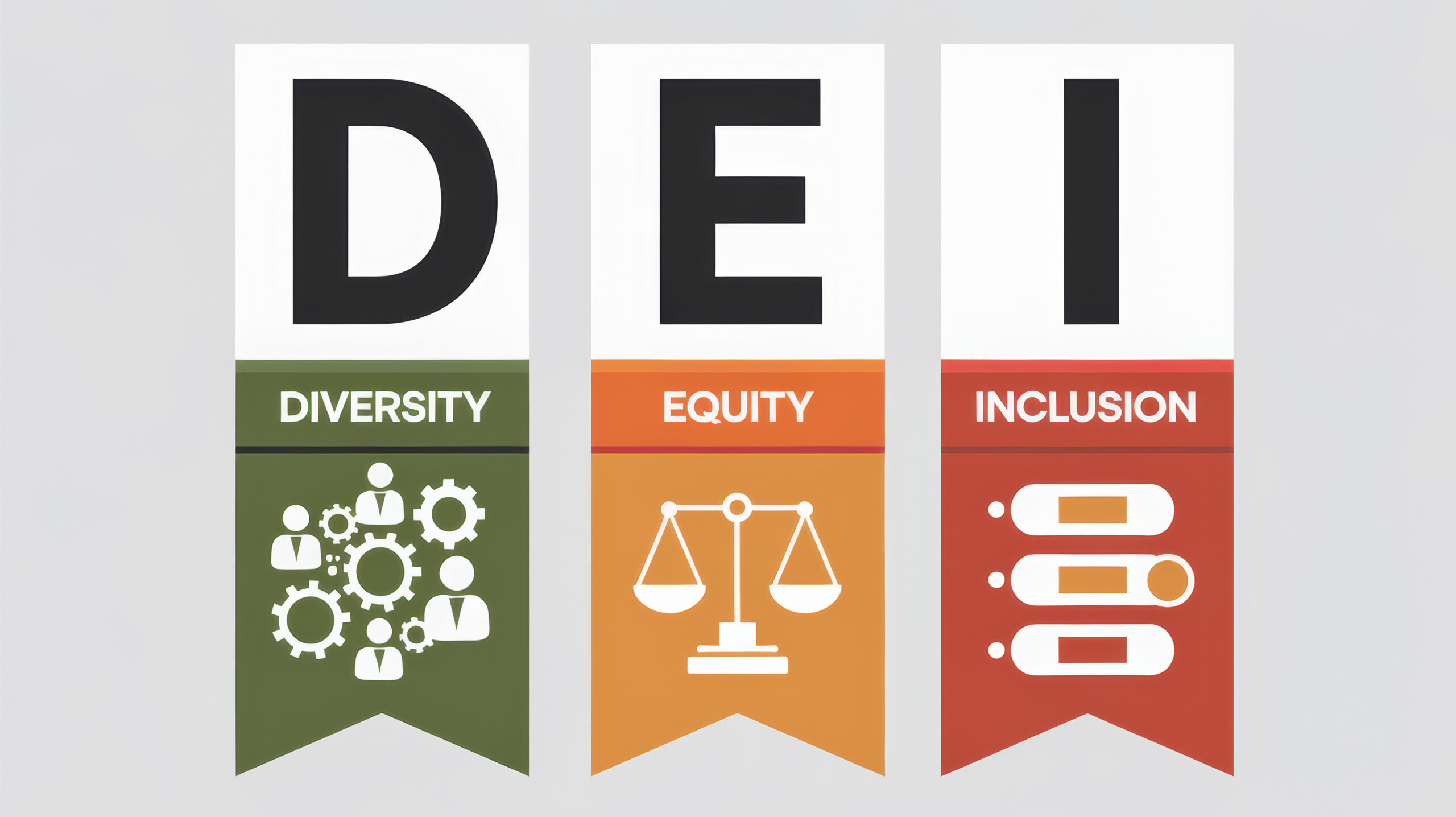For as long as mankind has existed, the peoples and nations of this earth have believed that it was just a matter of time before the world’s problems would be solved: “Give us more time and things will get better so that all those doom and gloom predictions about the end of the world will fail.”
Almost thirty-five years ago, in the summer of 1989, after the Berlin Wall fell and Soviet-style communism failed, Francis Fukuyama wrote an essay that appeared in a magazine called, The National Interest. It was entitled, “The End of History,” and contained some very optimistic ideas that the peoples of our Western nations have been profoundly influenced by:
“In watching the flow of events over the past decade or so, it is hard to avoid the feeling that something very fundamental has happened in world history. The past year has seen a flood of articles commemorating the end of the Cold War, and the fact that “peace” seems to be breaking out in many regions of the world.”
“What we may be witnessing is not just the end of the Cold War, or passing of a particular period of postwar history, but the end of history as such: that is, the end point of mankind’s ideological evolution and universalization of Western liberal democracy as the final form of human government.”
He, and many others with him, believed that mankind had finally learned the secret to solving the woes of its sordid history of wars and destruction, injustice and suffering, fear, and oppression. At last, worldwide peace would come through the only form of government that seems to have worked on earth within the limited memory of just a few generations: Western liberal democracy.
With “peace breaking out in many regions of the world,” the alleged “end of history brought a sense of victorious euphoria that became smug apathy and complacency in the West, which I suggest is with us to this day.
We welcomed that prospect that we, with our children and grandchildren, could live out our lives in relative peace and safety because the world was made better through our form(s) of democracy. The threat of armed conflicts, particularly nuclear war was greatly diminished: we no longer had to be anxious for the future.
We hoped against hope that we could continue to exist in the unparalleled prosperity of our post-world war Western nations – prosperity that has never been enjoyed by any civilization at any other time in world history.
The fact is things did not get better after 1989 – different actors in different places, but the same conflicts between nations and states and groups. Here is what transpired immediately after the fall of the Berlin Wall to present:
- Though 1989 marked the end of the Cold War and a reduced threat of nuclear war, there were numerous conflicts in the former Soviet Union and Eastern Europe.
- Prompted by Iraq’s invasion of Kuwait in 1990, a US-led coalition was formed to intervene militarily (also there was an environmental catastrophe with oil wells set ablaze by retreating Iraqis).
- Rwanda saw a civil war in April 1994: anywhere from 500,000 to 1,000,000 people were slaughtered in about 100 days. A genocide of the Tutsi was undertaken by the Hutu.
- A series of ethnically based wars and insurgencies were fought from 1991 to 2001 in the former Yugoslavia, leading to its breakup. The U.S. with Allies led military action to avert genocidal intentions among states and factions.
- Following al-Qaeda attacks on September 11, 2001, the U.S. and Allies launched two wars, the first in Afghanistan (targeting al-Qaeda and the Taliban), and the second in Iraq (focussed on the Saddam Regime).
- A conflict in the Darfur region of Sudan began in 2003, resulting in significant casualties and displacement. Fighting still rages to this day in the Sudan.
- The Arab Spring (2010-2012) saw a series of anti-government protests across the Arab world: the Muslim Brotherhood briefly ruled Egypt (Hamas has its roots with this movement); there were Syrian and Libyan Civil Wars.
- The Yemeni Crisis began with an uprising in 2011, leading to a civil war and a Saudi-led military intervention. The Iran-backed Houthis in Yemen are today attacking shipping from the Red Sea to the Gulf of Aden.
- An invasion of Ukraine by Russia occurred in late-February, 2022 (an extension of the annexation of Crimea and other regions in 2014). This war threatens to draw in many nations and there is the spectre of nuclear war.
- Gaza’s Palestinian Hamas militants attacked the State of Israel on October 7, 2023, leading to an embroiling of the Middle East that does not seem to have a peaceful solution (Israeli hostages are still held and the Palestinian population is under siege).
- There are many other armed conflicts, insurgencies and terror causes that are plaguing the African Continent; gang wars are carried on throughout South and Central America; sabre-rattling and bullying is constant from China, Iran and North Korea.
The point is, Fukuyama’s optimism about “The End of History” was completely unfounded: “Western Liberal Democracy” was not the answer, and “Peace” did not break out all over the world.
Even so, many in the West readily accepted Fukuyama’s declaration because of the desire to enjoy the “lion’s share” of the world’s prosperity without worrying about the end of civilization through an out-of-control armed conflagration.
The Renaissance Philosopher (among other less flattering descriptives) Machiavelli wrote:
“Whoever wishes to foresee the future must consult the past; for human events ever resemble those of preceding times. This arises from the fact that they are produced by men who ever have been, and ever shall be, animated by the same passions, and thus they necessarily have the same results.”
The “past” – history has returned with a vengeance: with current world events resembling the past, but with far greater consequence. It is precisely because no matter how the times or places change, men, as always, are animated by the same passions: conquest, power, and wealth. Only a change in our nature can bring about the end of the history we have written over millennia.
When Jesus Christ came to earth approximately 2,000 years ago, He brought a message of peace: the gospel or good news of the kingdom of God. That message was about a time when He returns to earth and the nature of human beings is changed so that there is no war nor a desire to “learn” war any longer (Isaiah 2:4).
Though not widely believed now, the good news of peace on earth is being sent to all the world as we find in the Holy Bible:
“How beautiful are the feet of those who preach the gospel of peace, who bring glad tidings of good things!” Romans 10:15 and Isaiah 52:7
Peace will “break out” over the whole earth in a time yet future: it just cannot come to us the way nations and peoples on earth behave presently. It will take the establishment of the kingdom of God as proclaimed in the gospel of peace.









